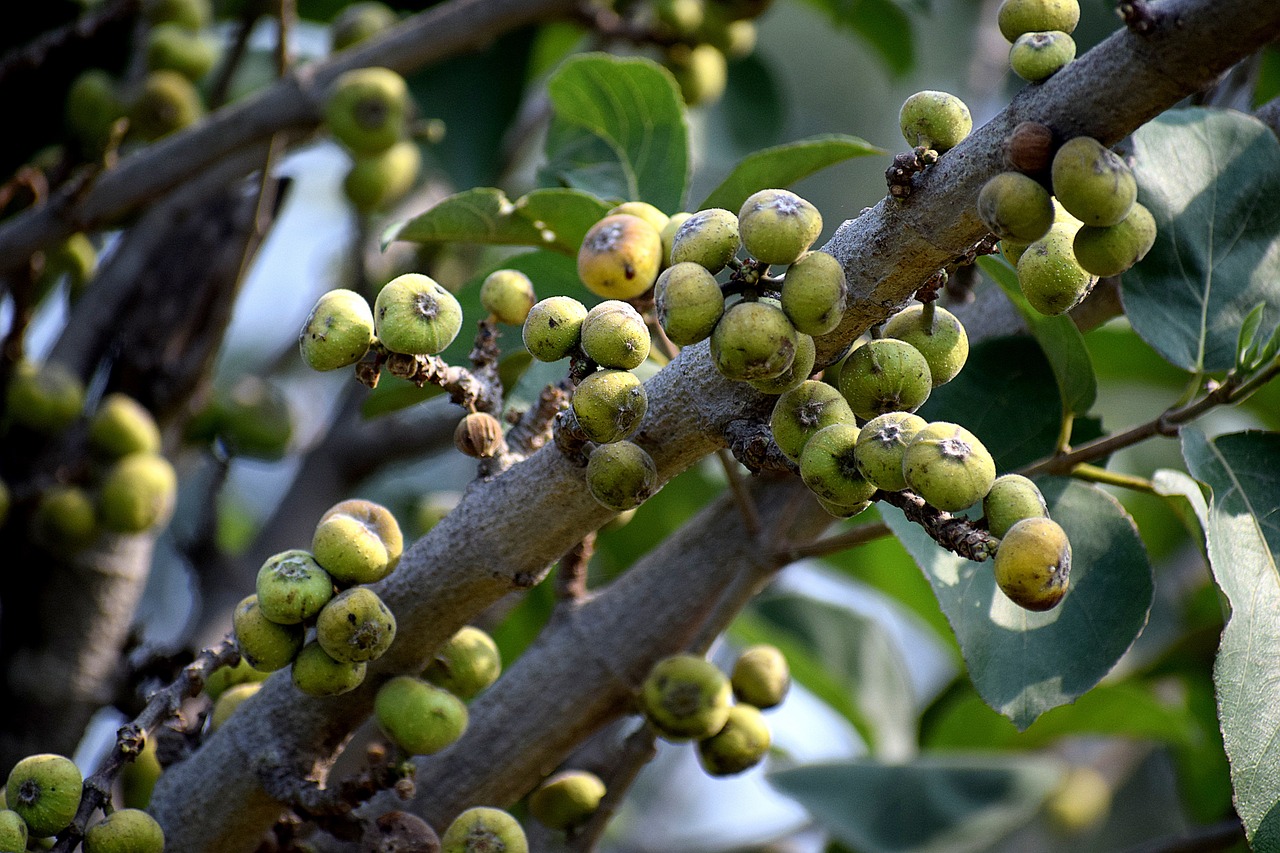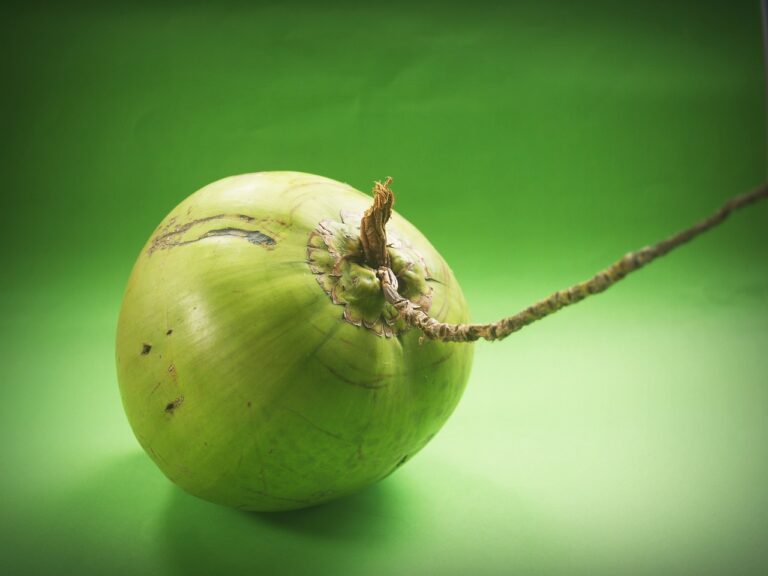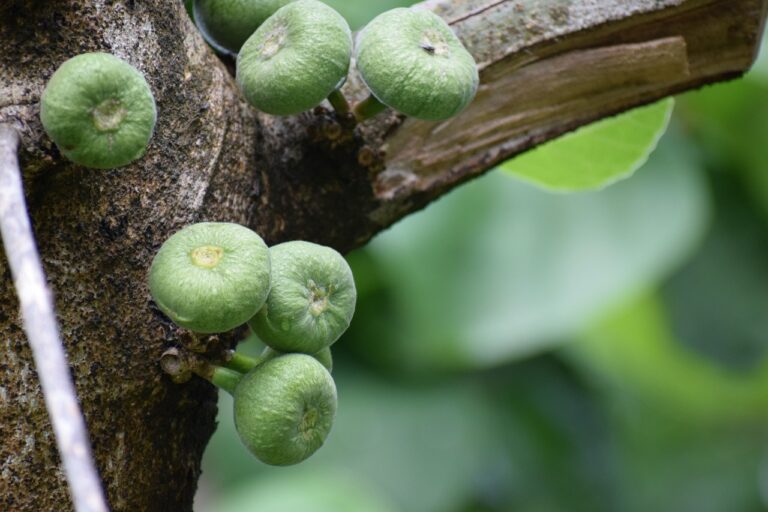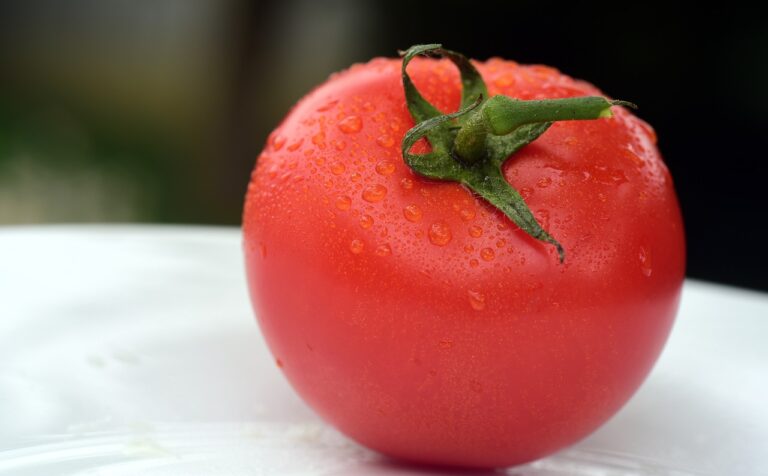Pharmacogenomics in Algal Conservation: Personalized Approaches to Marine Plant Health: Laser247, Lotus365, Sky247 login
Laser247, lotus365, sky247 login: Pharmacogenomics in Algal Conservation: Personalized Approaches to Marine Plant Health
When it comes to preserving the health and diversity of marine ecosystems, algal conservation plays a crucial role. Algae, often referred to as “marine plants,” are not only essential for maintaining the balance of marine ecosystems but also serve as a vital food source for various marine organisms. However, with the increasing threats posed by climate change, pollution, and overexploitation, the need for innovative conservation strategies has become more pressing than ever.
In recent years, pharmacogenomics has emerged as a promising tool for personalized approaches to marine plant health. By combining the principles of pharmacology and genomics, researchers are able to better understand how individual genetic variations in algae can influence their response to environmental stressors and potential treatments. This personalized approach allows for more targeted conservation efforts, ultimately leading to more effective and sustainable outcomes.
The use of pharmacogenomics in algal conservation holds immense potential for advancing our understanding of marine plant health and developing tailored interventions to support their survival. By identifying genetic markers associated with resilience to specific stressors, researchers can design conservation strategies that are better suited to the unique needs of different algal species. This not only enhances the overall resilience of marine ecosystems but also helps to ensure the long-term health and sustainability of these vital organisms.
One key advantage of pharmacogenomics in algal conservation is its ability to facilitate the development of personalized treatments for specific algal species. By targeting treatments based on the genetic profiles of individual algae, researchers can maximize the efficacy of interventions while minimizing potential side effects or unintended consequences. This personalized approach not only improves the success rate of conservation efforts but also provides a more ethical and sustainable way of supporting marine plant health.
In addition to supporting the conservation of marine ecosystems, pharmacogenomics in algal conservation also holds promise for advancing research in related fields such as biotechnology and biofuels. By better understanding the genetic basis of algal characteristics such as growth rate, nutrient uptake, and toxin production, researchers can develop new technologies and applications that harness the unique properties of these organisms. This has the potential to not only drive innovation in biotechnology but also contribute to the development of sustainable biofuel sources that reduce our reliance on fossil fuels.
Overall, pharmacogenomics in algal conservation represents a transformative approach to supporting marine plant health and biodiversity. By leveraging the power of genomics and personalized medicine, researchers can develop targeted interventions that enhance the resilience of algal species to environmental stressors and support the long-term health of marine ecosystems. As we continue to face growing threats to our oceans and marine life, the innovative strategies enabled by pharmacogenomics offer hope for a more sustainable future for all.
FAQs
1. What is pharmacogenomics, and how does it apply to algal conservation?
Pharmacogenomics is the study of how an individual’s genetic makeup influences their response to drugs or other interventions. In the context of algal conservation, pharmacogenomics allows researchers to identify specific genetic markers that can be used to tailor conservation efforts to the unique needs of different algal species.
2. How can personalized approaches benefit marine plant health?
Personalized approaches to algal conservation enable researchers to develop targeted interventions that are tailored to the genetic characteristics of individual algae. This not only enhances the effectiveness of conservation efforts but also minimizes potential side effects or unintended consequences.
3. What are some potential applications of pharmacogenomics in algal conservation?
Pharmacogenomics in algal conservation has the potential to support a wide range of applications, including the development of personalized treatments for specific algal species, the advancement of research in biotechnology and biofuels, and the enhancement of the overall resilience of marine ecosystems.
4. How can individuals support algal conservation efforts?
Individuals can support algal conservation efforts by reducing their carbon footprint, practicing sustainable fishing and seafood consumption, and raising awareness about the importance of marine plant health and biodiversity. By working together, we can all contribute to the preservation of our oceans and marine life for future generations.







